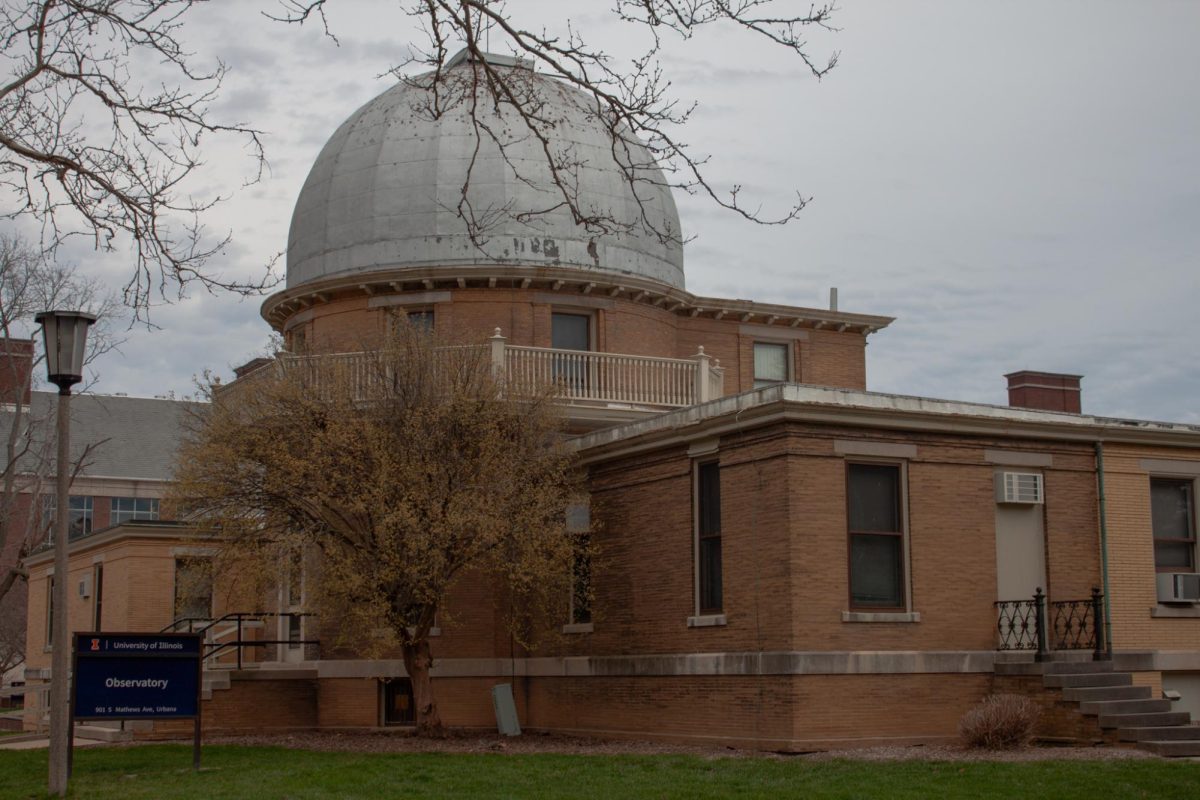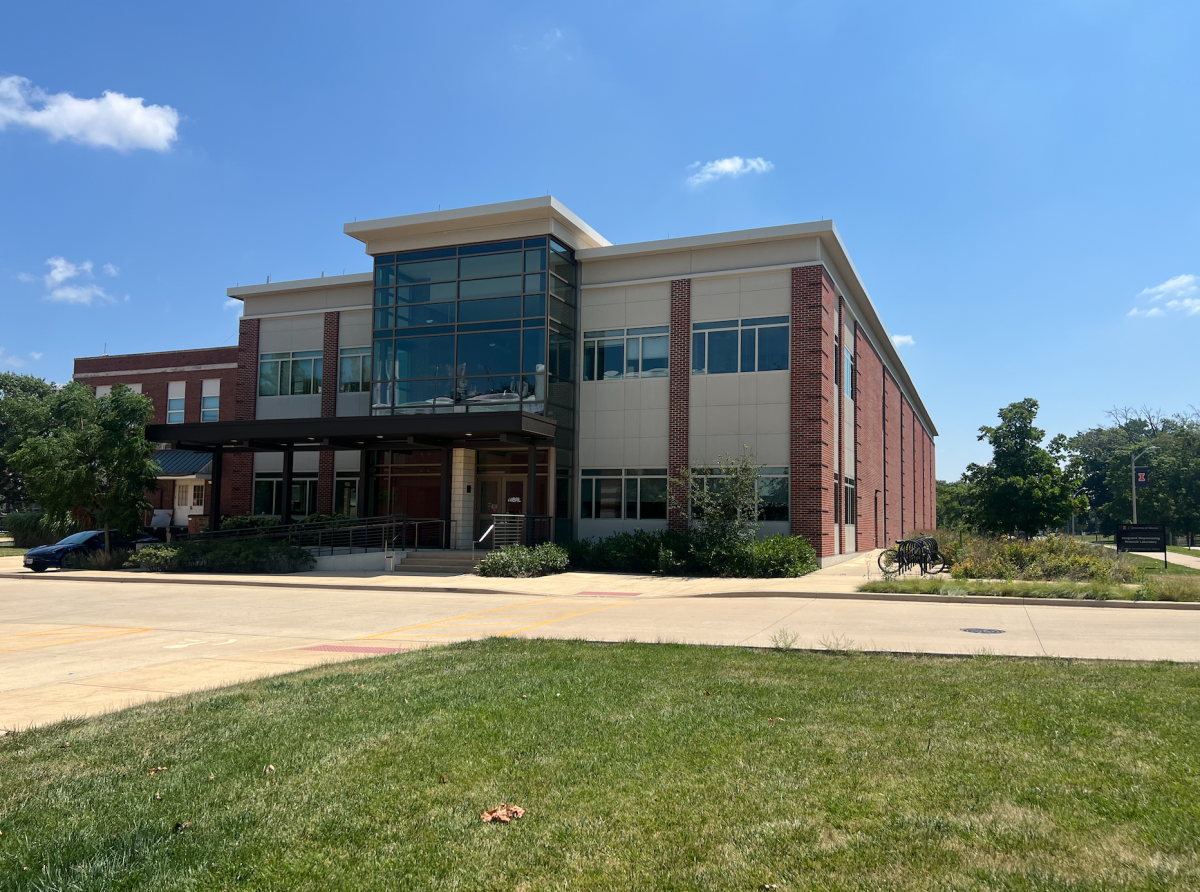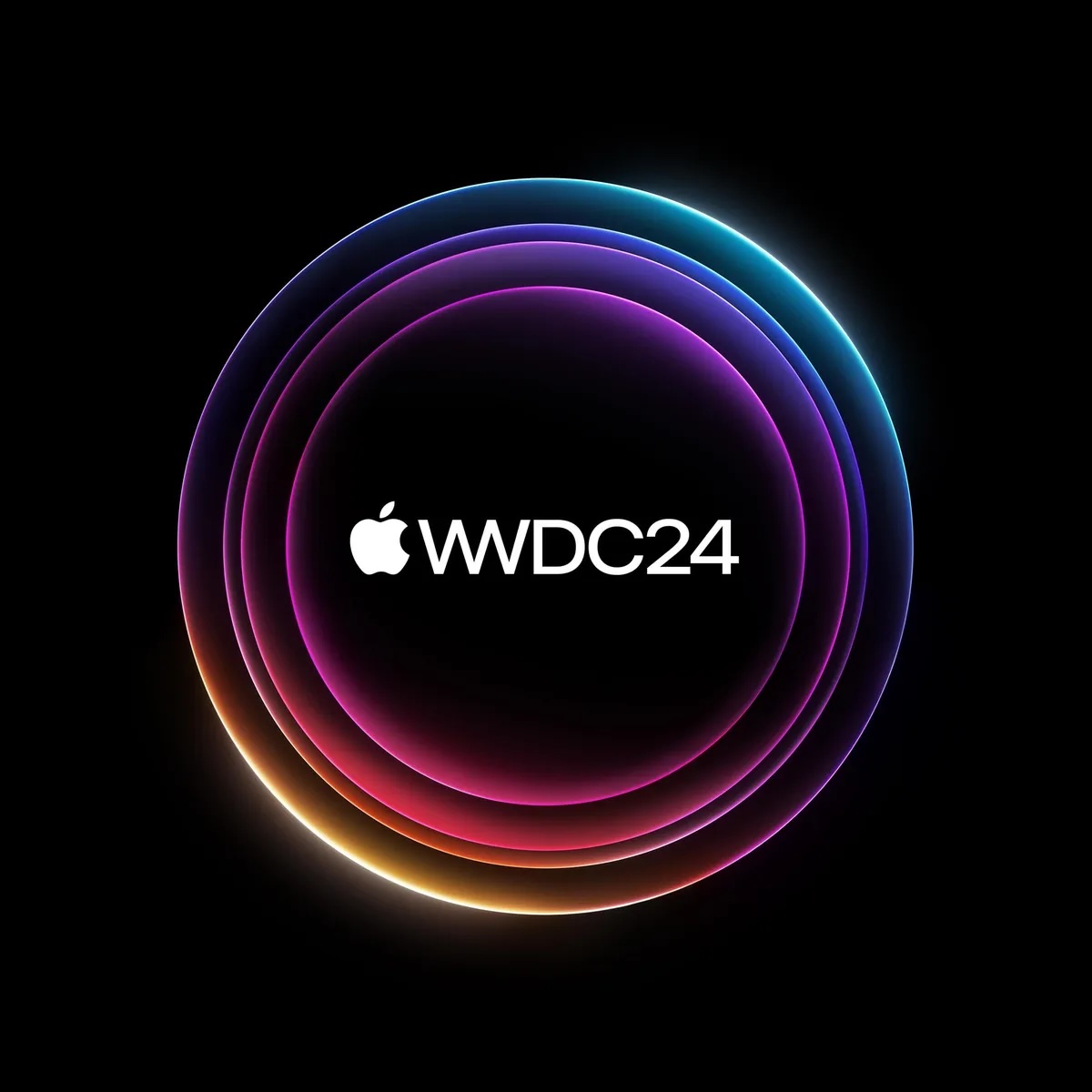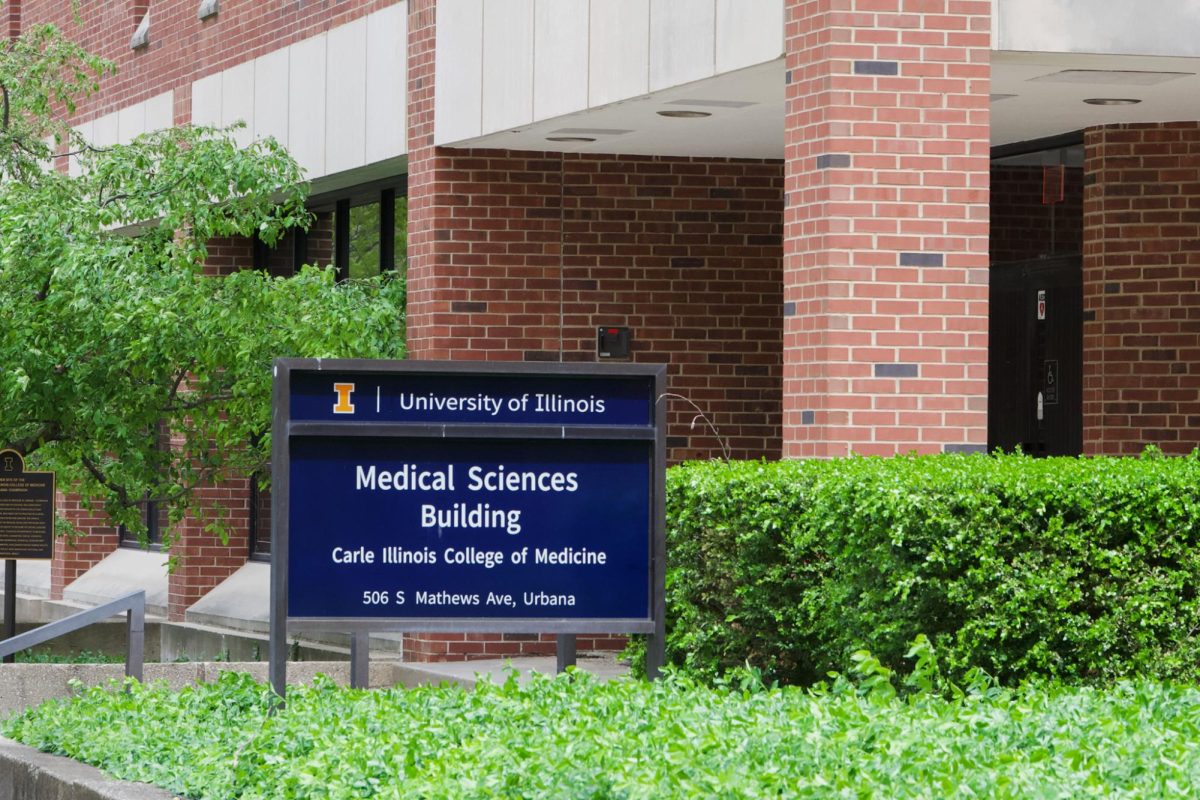A total solar eclipse will occur on April 8, and part of Illinois is located in the path of totality.
The upcoming eclipse is the second to travel the United States since 2017. A total eclipse is characterized by the sun being entirely covered by the moon.
Tony Wong, a professor and department chair within the Department of Astronomy, and Bryan Dunne, the director of the campus observatory and director of undergraduate studies in the Department of Astronomy, sat with The Daily Illini to discuss the 2024 total solar eclipse.
This interview has been edited for length and clarity.
Get The Daily Illini in your inbox!
The Daily Illini: Despite University students not being able to see the eclipse in totality because the path of totality is south of campus, will students still be able to safely view a partial eclipse?
Dunne: Students will be able to see a partial solar eclipse. The sun will be about 97.5% eclipsed at its maximum here on April 8. The eclipse will be starting at about 12:40 p.m., the maximum eclipse will be at about 2:05 p.m. and the eclipse will end at about 3:20 p.m.
Wong: The partial eclipse can be viewed from campus and is interesting because it is about 98% covered. You should never look directly into the sun, so grab yourself a pair of eclipse glasses at either the campus bookstore or through an online vendor.
DI: What recommendations do you have for University students who are interested in viewing the 2024 eclipse?
Dunne: If you can get to totality, get to totality. This is a once-in-a-lifetime opportunity; unless students were to travel to regions in the Pacific Northwest in 2044. It is only an hour and 15 minute drive to south of Effingham, Illinois or east to Crawfordsville, Indiana, which gets you into totality.
Wong: I would recommend students with the flexibility to travel to totality because it is very different to be in totality compared to observing the partial eclipse. Nonetheless, the partial eclipse is still very exciting to safely view.
DI: Is there anything about the upcoming 2024 total solar eclipse that makes it significant compared to previous eclipses?
Dunne: This is the second eclipse within the past seven years that has been passing through the state of Illinois. The next time a solar eclipse will be coming through the lower 48 states of the U.S. will be in 2044, but the next solar eclipse coming through Illinois will not be until 2099.
Wong: Every total eclipse is a little different because the sun is always changing. The value of eclipses to astronomers is being able to see the corona of the eclipse, which is the outer atmosphere of the sun. We can speculate what the corona looks like, but we are not certain until we actually see it. Every eclipse is different in that way.
DI: As astronomy professors, will you be discussing or planning activities regarding the 2024 total solar eclipse in any of your courses taught here at UIUC?
Wong: In the astronomy department, we are typically moving our classes online on April 8, so that students who are planning on making a trip towards totality are not penalized for doing so.
DI: What are faculty members and students within the astronomy department looking forward to?
Dunne: The astronomy department has various groups doing outreach with regard to the eclipse. We have been giving presentations to local schools and libraries regarding the eclipse. The Illinois Astronomical Society is going to be heading to southern Illinois to observe the eclipse at a local event. People within the astronomy department are trying to help the public safely view the eclipse.
Wong: Many of the students were not here at the time or a place where totality was accessible during the previous eclipse in 2017. The fact that we can see totality within a few hours of driving is exciting for them. Many of us who saw the previous eclipse got hooked, and now we are excited to see another one. We are partnering with the college of Rose-Hulman Institute of Technology who are located in the path of totality in the town of Terre-Haute, Indiana. They will be opening up their observatory to look at the eclipse, which many students and faculty will be traveling to.










